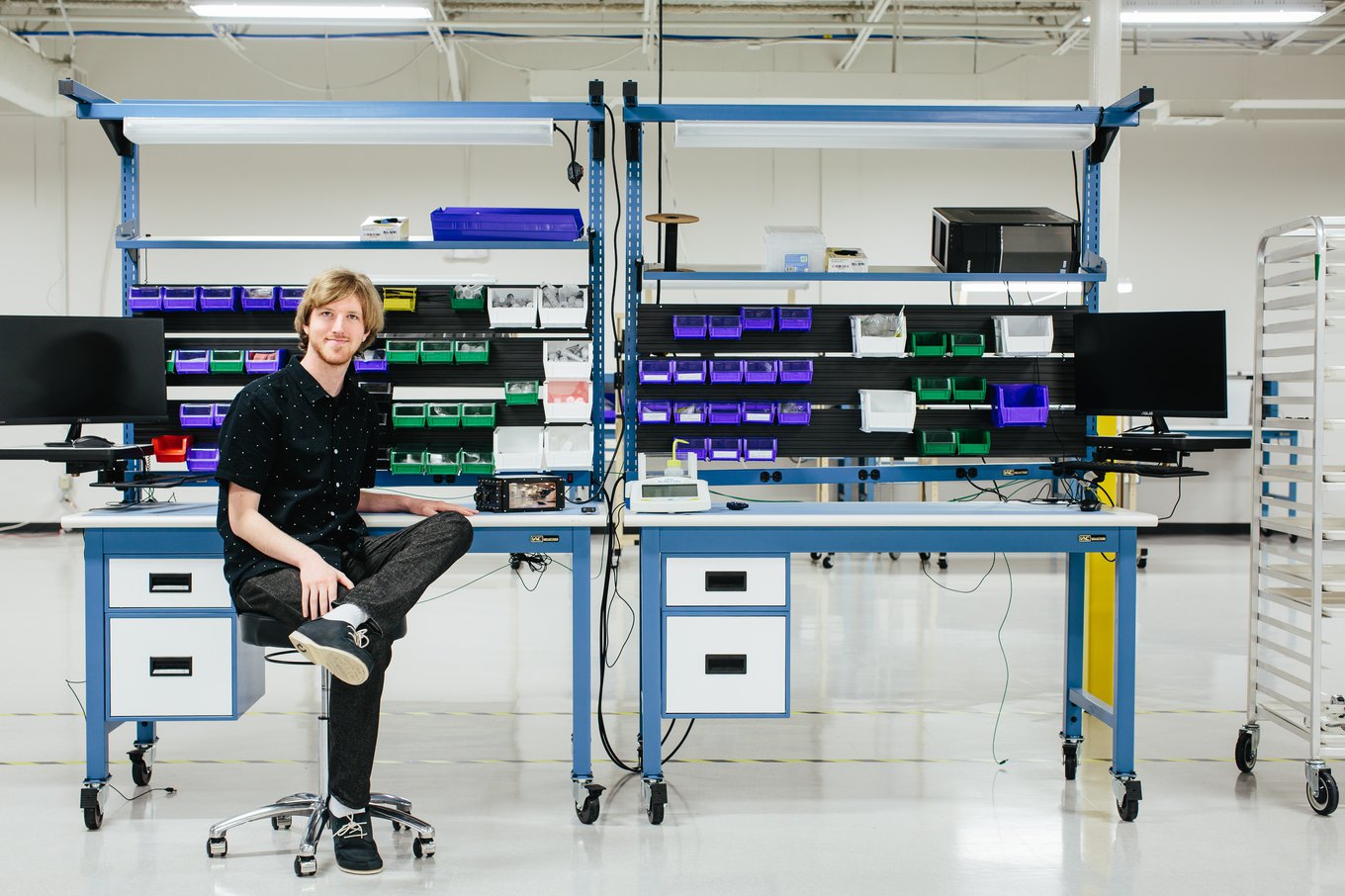Artificial intelligence & robotics
Austin Russell
Better sensors for safer automated driving.
Photograph by Diana Rothery

Global
Volodymyr Mnih
The first system to play Atari games as well as a human can.

Latin America
Marco Mascorro
Robots capable of managing the inventory of any establishment in real time which could save billions of euros

China
Si Wei
An AI company lying low-key for years and a serial innovator

Global
Gregory Wayne
Using an understanding of the brain to create smarter machines.
